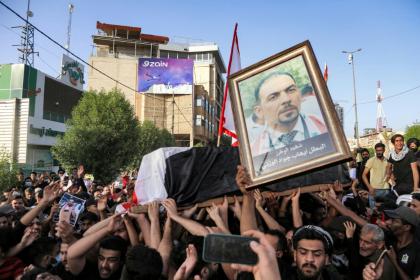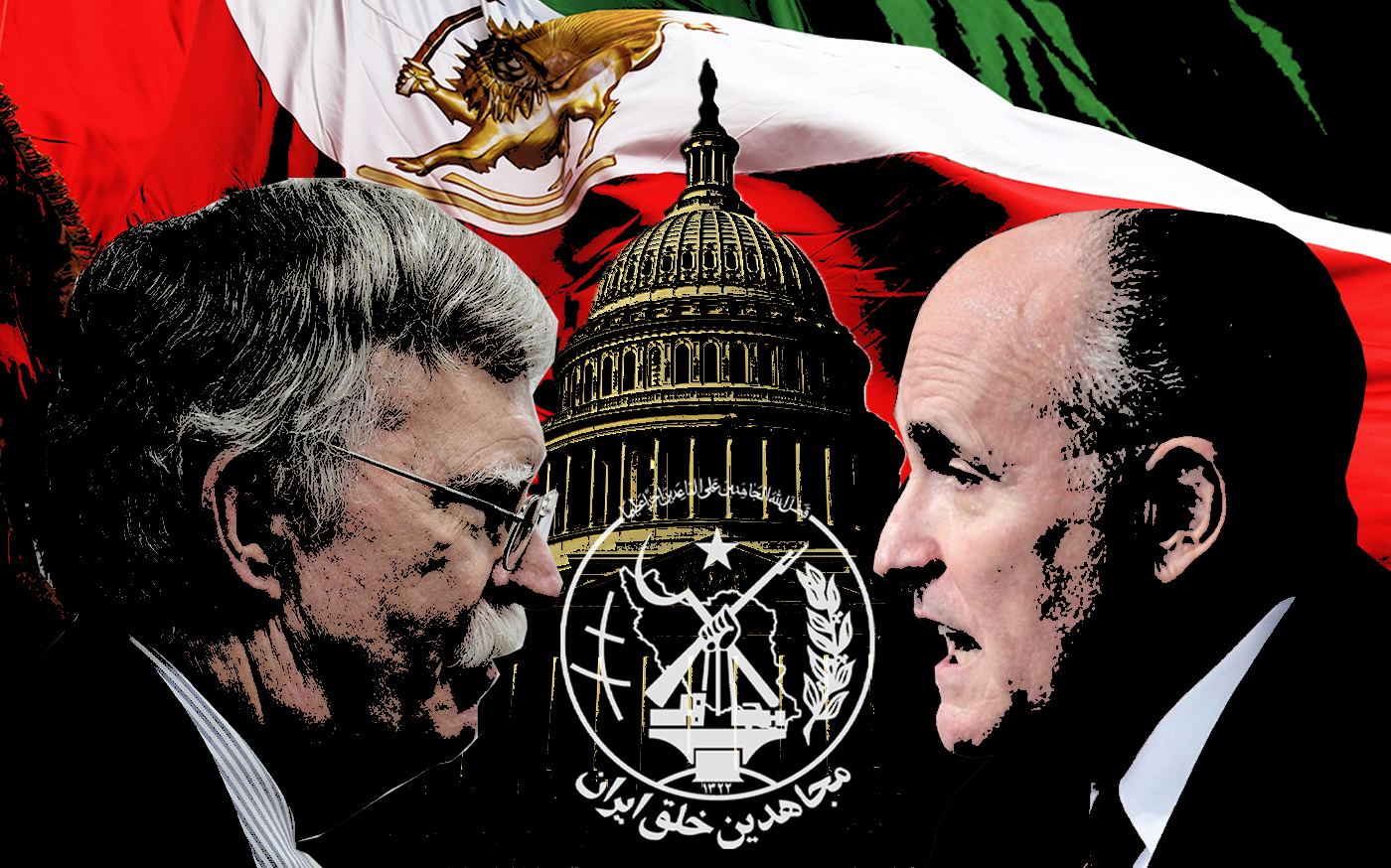Mozambique’s government is facing increasing pressure to halt its violent crackdown on the rights to freedom of expression and peaceful assembly following the disputed elections held on October 9. As nationwide protests erupted in response to allegations of vote-rigging, authorities have utilized live ammunition, tear gas, and arbitrary arrests to suppress dissent. Reports from medical sources indicate that at least ten people have lost their lives and dozens have sustained injuries during these confrontations, while hundreds have been detained without just cause.
With further protests scheduled to begin on October 31, it is imperative that the government and security forces honor the rights of individuals to protest, to express their opinions, and to access information freely in Mozambique. The aggressive attempts to stifle peaceful dissent through force not only threaten individual safety but also risk deteriorating an already precarious human rights landscape.
No individual should face detention, injury, or death merely for participating in peaceful demonstrations. It is critical that authorities take immediate action to release all individuals who have been detained solely for exercising their human rights peacefully. Furthermore, comprehensive investigations into the reported killings must be undertaken, bringing those responsible to justice while ensuring effective support and remedies for the victims’ families.
In addition to curtailing the rights of protesters, authorities have specifically targeted journalists documenting the events and have disrupted internet access, which underscores a blatant attack on freedom of expression and the right to information. It is essential that citizens have the ability to communicate freely both online and offline, and that journalists are allowed to perform their vital role without interference.
Historically, Mozambique has witnessed a pattern of human rights abuses during contentious elections, with recent incidents underscoring this alarming trend. On October 24, the electoral commission announced that the ruling Frelimo party’s candidate, Daniel Chapo, won the election with 71% of the vote, while opposition leader Venancio Mondlane secured 20%. Following this announcement, mobile internet access was cut nationwide, leading to heightened tensions. In response to alleged irregularities, Mondlane and the PODEMOS party filed a formal challenge and announced a series of protests intended to begin on October 31.


















